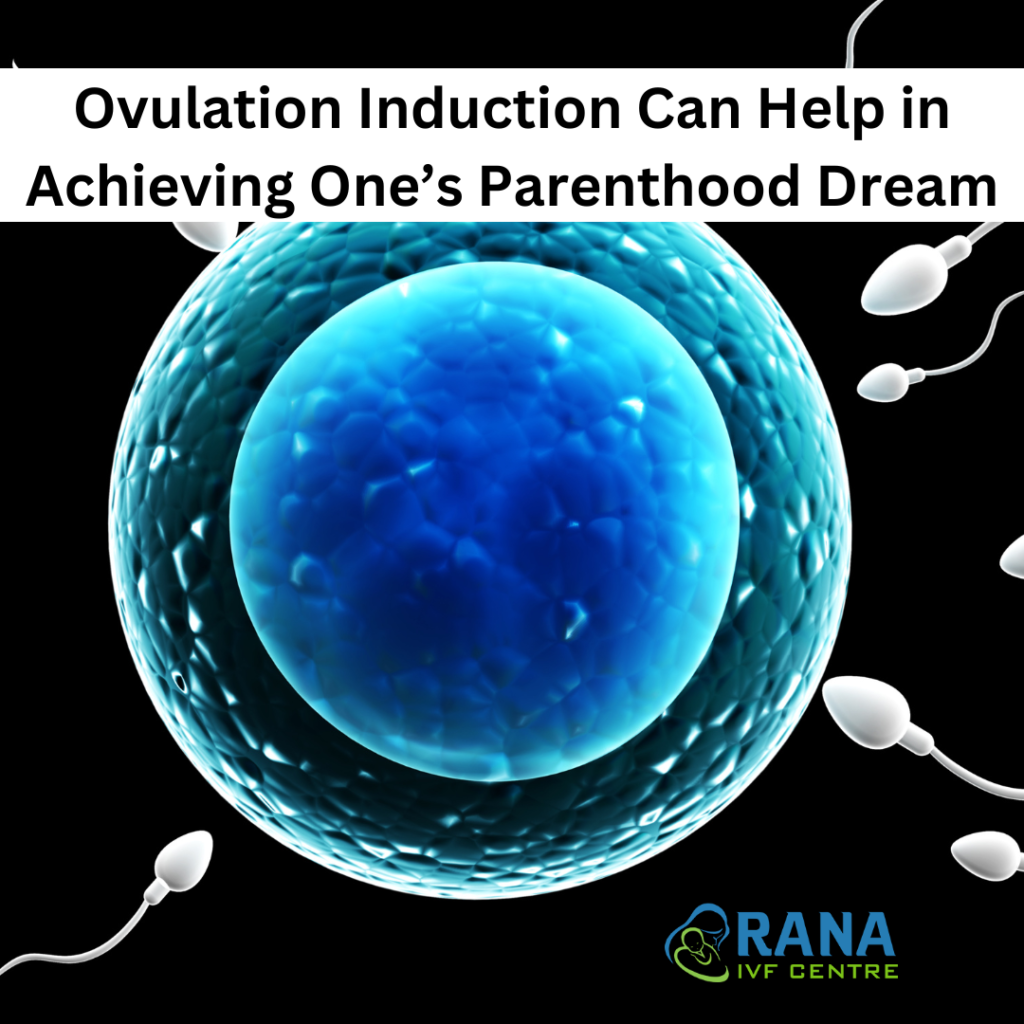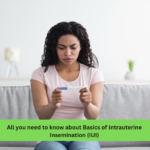Ovulation Induction Can Help in Achieving One’s Parenthood Dream
To release eggs and potentially become pregnant, ovulation induction can be performed on women who are not ovulating naturally. Up to 80% of anovulatory, not ovulating women, depending on the cause of the lack of ovulation, can become pregnant with the help of ovulation induction.
Why Is Ovulation Induction Used? Ovulation induction therapy is an option for women who do not naturally ovulate. Fertility drugs stimulate the ovaries into releasing an egg or more during the menstrual cycle. This method aids those whose menstrual cycles are irregular. When ovulation is induced, multiple eggs may be released at once. The probability of a successful pregnancy in ovulating women is raised.
Ovulation Induction Medications
• Clomiphene Therapy
This pill sends a signal to the ovary from the pituitary gland, prompting the ovary to produce an egg. Women with polycystic ovaries, long menstrual cycles, or irregular menstrual cycles are good candidates for this treatment approach. Clomiphene therapy may also be an option for patients with unexplained infertility.
• Gonadotropin Therapy
Gonadotropin therapy refers to the use of injectable medications to promote oocyte maturation. When having an extra egg or two would be helpful, doctors may recommend this treatment to stimulate egg development. Gonadotropins, hormone-like substances usually secreted by the pituitary gland, stimulate the ovaries to produce eggs. Different women respond to gonadotropin therapy at various rates. A fertility specialist must carefully monitor the therapy process to ensure that the correct amount of therapy medication is administered, as there is no known norm or rate at which women respond.
• Letrozole Therapy
Letrozole is functionally equivalent to clomiphene, but it is eliminated from the body much faster. It is less likely that letrozole will affect the uterine lining or the cervical mucous than other tamoxifen alternatives, and its effects only last for the cycle in which it is taken. This treatment is typically given over five consecutive days, beginning on day three of a cycle and continuing for the next few days.
Conclusion
A couple having difficulty conceiving should seek the advice of a fertility specialist as soon as possible because of the significant role that age plays in the likelihood of a positive outcome. There is a wide range of options for treatment that can help infertile couples become happy parents.






No Comments